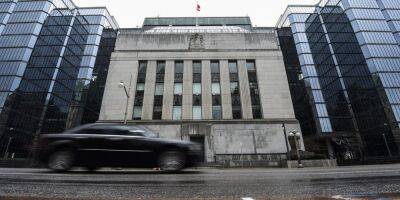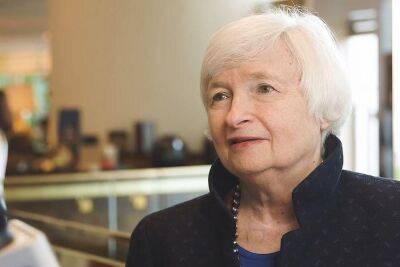Sunak’s package fails to tackle the true cause of UK inflation: shameless profiteering
The £830 increase in the energy price cap in October announced by Ofgem is being treated by Rishi Sunak as if it is some natural disaster set to befall us and for which as chancellor he can only offer inadequate assistance. It is not. Ofgem made a political decision to protect the privatised energy system and its excess profits at the expense of households in Britain. Sunak’s package announced today will not cover the costs of Ofgem’s choice and will leave millions of households exposed to soaring prices. A new approach is needed. The energy price must simply not be lifted in the autumn.
This will be expensive. An £830 rise in the cap, spread over 22 million households, suggests a collective cost of up to £19bn. Halting the rise could cost as much. But so what? The chancellor’s “super deduction” tax break for big corporations will cost almost £13bn this financial year. The stamp duty holiday cost £6.4bn. Both these choices, made by this chancellor, rewarded the wealthiest at the expense of the rest. The cost of both matches the cost of halting the cap increase. A serious tax on North Sea windfall profits would raise £13bn, much more than Sunak’s £5bn.
Meanwhile, BP and Shell, both headquartered in London, are expected to make a combined £40bn in profits this year across their global operations. But their super-profits are not the product of innovation or some brilliance in business management. They represent a pure transfer of money from consumers to the hands of BP and Shell shareholders. And despite frequent claims to the contrary, these companies’ shareholders are not long-suffering pensioners – Britain’s main pension fund owns less than 0.2% of both companies. Nor are they, as the companies will claim, concentrating on
Read more on theguardian.com

















